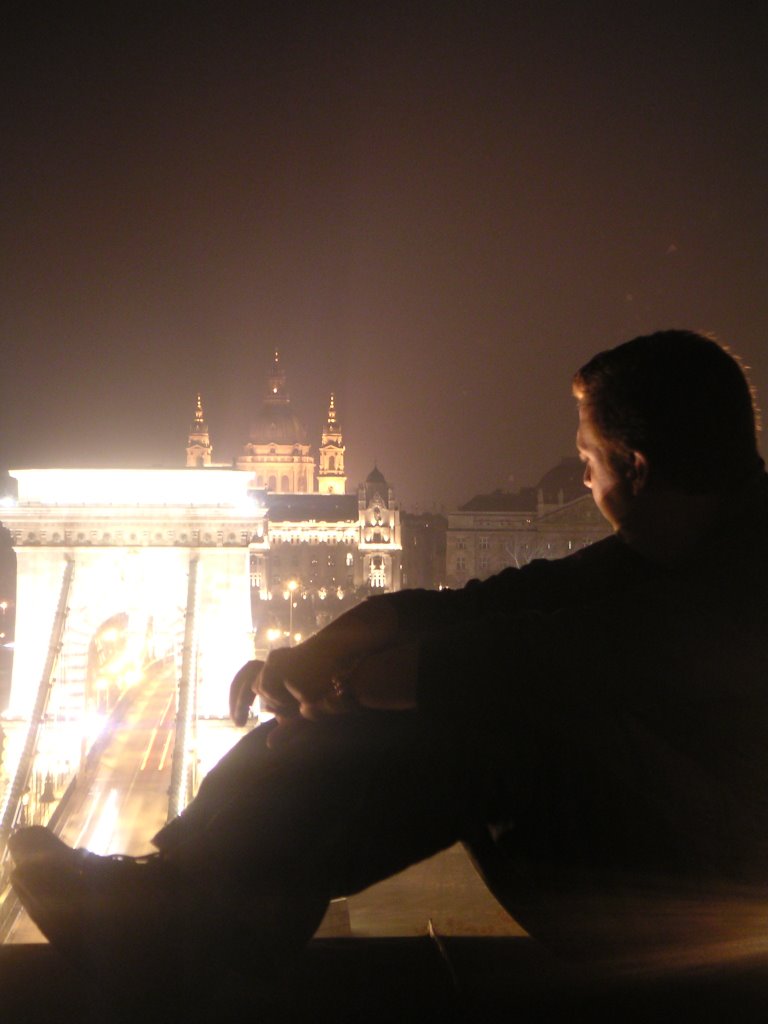During my time at this year’s conference, I found myself in the position to have to explain exactly what the United Church of Christ is. After some surface level history lessons, and an attempt at sharing what the UCC holds as important social justice issues (which for the record, is all of them), I realized that maybe the best way to describe the UCC is by explaining its arms.
Here’s what I mean. When approached by a question or an issue, the UCC debates and discusses and converses about how to respond. As many of our critics have duly noted, we are pretty open toward a whole myriad of possible responses, but the one great litmus test that is consistently applied to these topics is this single question: Is the action we are about to take going to open our arms wider or close them tighter?
If the answer isn’t that it will open our arms wider, then the answer/response simply isn’t good enough. Period. And that is what I love about the UCC, and about Christ (more importantly about Christ). Arms are extended wider, reaching out, pulling in, and saying “we’re gonna love you where you are, not where someone thinks you should be.”
Last year, at this same conference, a minister sitting on a panel for undergraduates recalled one of the most important things that she had learned in Seminary was this: “Two things,” she said. “Believe the story. Love the people.”
“How Simple!” I thought. Right. Not so much.
Why is it, then, that some people are so damn hard to love?
For many its believing the story that is the problem. And, to some extent, I have my doubts about literal interpretations, etc. But its the love part that’s the real kicker. Christ certainly said that loving each other is the greatest thing we can do second to loving God with our whole beings. And somewhere along the way, I’m sure he mentioned that it wouldn’t be easy. But damn.
So how do you love people who (1) are abusive in theology or self (2) refuse to love you or (3) seem to try every trick in the book to separate themselves from you and from God?
I have to believe that God can offer that love. If I don’t, then I’m not sure where the starting place for life is. But is it fair for us to claim to be able to do the same thing? I began to answer that question sometime ago:
We claim unconditional love, but to not recognize our incapability of attaining it would be folly. While humans can muster magnificent and tremendous amounts of love and compassion, we are unable to mimic such devotion. We love, but only to a point. We open our arms with compassion, but find our arms growing tired. God does not falter like humans. God keeps loving; God keeps his compassion flowing. Where humans insert a “but,” God insists on “regardless.” We have God’s love, regardless; we have God’s grace, regardless.
So the problem with open arms, is that as much as we want to hold them wide open--shouting for people to come in to our fold, we can’t. And the really scary part is that our arms are the first to go. Soon, our minds get tired, and then our hearts.
And then, grace like rain reminds us that we are cleansed, refreshed, and made well. And that maybe holding our arms open is worth the weariness and hurt. That people will come around. That is was by God’s love that we came to God, and in the same way, our love that others can come to us.
For some time, I’ve looked to 1st John for my favorite lifting words. So, I leave you with this and a thought.
There is no fear in love,
but perfect love casts out fear...
1 John 4. 18
So what, then are we afraid of?
blessings.
jon.






No comments:
Post a Comment